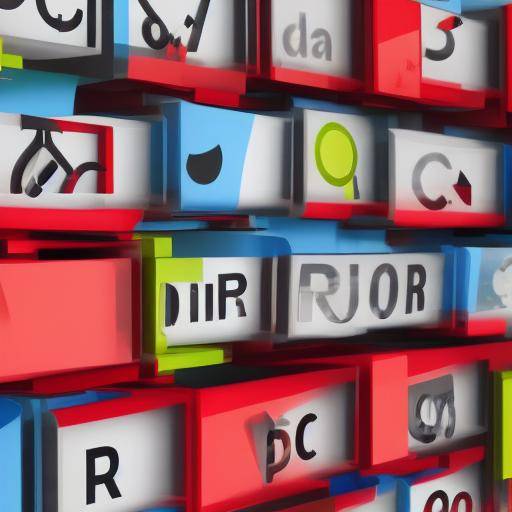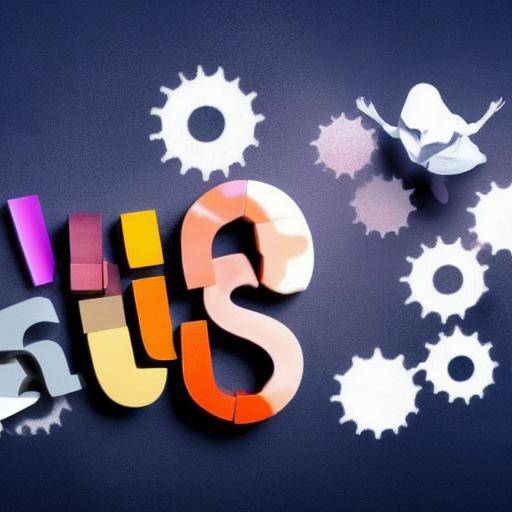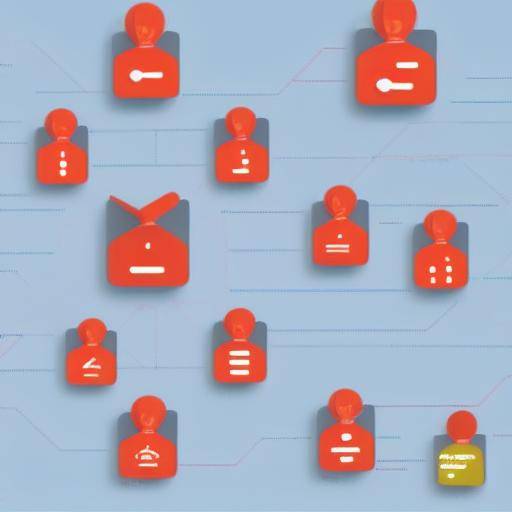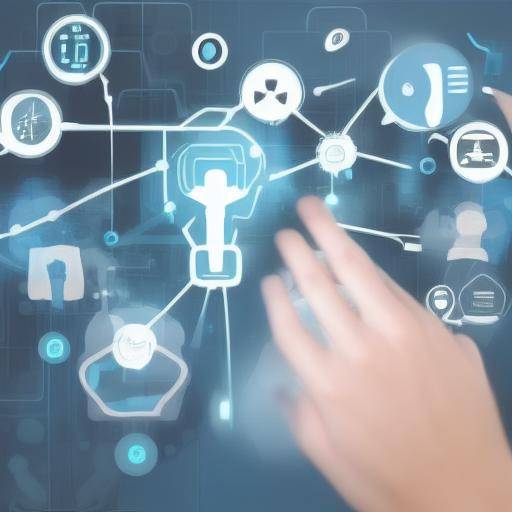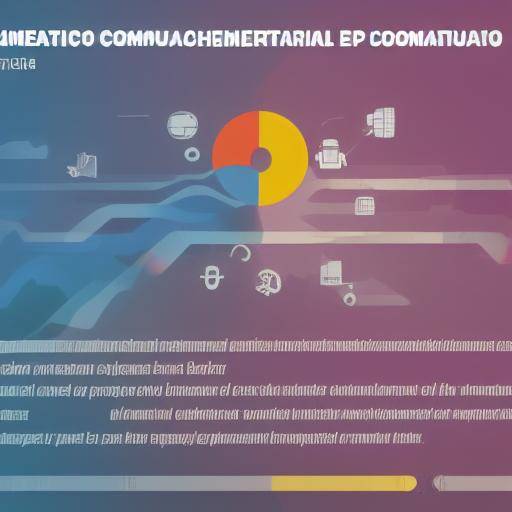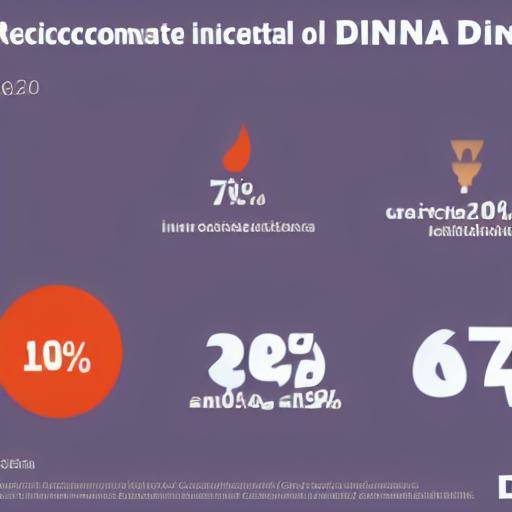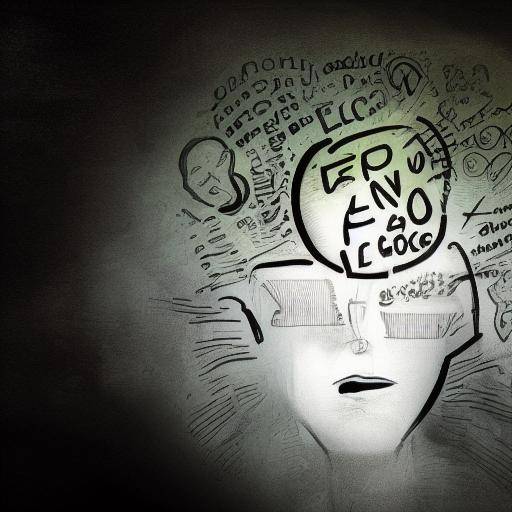
Logical thinking is a crucial skill in problem solving, with a significant impact on different spheres of our life. From its historical origin to its practical application and future prognosis, this article explores in detail the importance and impact of logical thinking on problem solving, offering an integral and expert view on the subject.
## History and Background
The logical thought, also known as logical reasoning, has its roots in ancient Greece with philosophers like Aristotle and Plato, who laid the foundations of formal logic. However, it was during the nineteenth and twentieth century that mathematical logic and computer theory contributed significantly to the development of logical thinking. Subsequently, in the field of psychology, Jean Piaget highlighted the importance of logical thinking in the cognitive development of children.
As society evolved, logical thinking became a fundamental pillar in different disciplines, from computer to business decision-making. Its impact encompasses both the academic and the professional sphere, basing the ability to solve problems in a structured and efficient way.
##Depth analysis
Logical thinking not only implies the ability to reason in a coherent manner, but also provides significant benefits in decision-making. According to recent studies, people with strong logical thinking skills tend to face less difficulties in solving complex problems, resulting in greater efficiency and precision in their actions.
In contrast, the challenges associated with logical thinking include the need to avoid cognitive bias and keep an open mind to different possibilities. In addition, with technological advancement, the challenge is to adapt logical thinking to virtual environments and artificial intelligence, which requires a constant updating of logical skills to remain relevant in a constantly changing environment.
##Examen Integral
The impact of logical thinking on problem solving is evident in various areas, including engineering, computer sciences and business management. The practical application of logical thinking is manifested in the resolution of everyday problems, from the optimization of industrial processes to the resolution of interpersonal conflicts.
However, their limitations become evident in situations where pure logic is not sufficient to address the emotional or social complexity of a problem. In these cases, the integration of social and emotional skills becomes imperative to complement the logical approach and achieve comprehensive and sustainable solutions.
##Comparative analysis
The relationship between logical thinking, problem solving and its impact encompasses the interconnection between rationality, creativity and effectiveness. While logical thinking focuses on the coherence and validity of arguments, problem solving involves the identification and application of practical solutions.
As for its intersection, logical thinking provides the structured framework for dealing with problems, while problem solving tests the effectiveness and applicability of such a framework. The result is a holistic approach that balances logical clarity with adaptability and originality in problem solving.
##Practical Counseling and Accionable Recommendations
Developing logical thinking is not a static process, but rather a journey of continuous improvement. Some practical advices include regular exercise of solving puzzles or mathematical problems, participating in logical debates and discussions, as well as seeking constructive feedback to strengthen existing logical skills.
Problem solving methods also benefit from a solid basis in logical thinking, as this allows us to address the challenges in a systematic and effective manner. The recommendations include the breakdown of the problem in logical steps, identification of possible solutions and critical evaluation of each option before making informed decisions.
## Industry Perspectives and Expert Reviews
Experts from various industries agree that logical thinking is an invaluable asset in problem solving. In the field of technology, for example, logical skills are fundamental to software development and error identification. In medicine, logical thinking supports accurate diagnosis and the formulation of effective treatment plans.
Likewise, the future prediction of logical thinking and its impact on problem solving points to greater integration with artificial intelligence and automatic learning. This synergy promises to automate repetitive and analytical tasks, thereby freeing the creative and strategic potential of individuals to address more complex and significant challenges.
Case studies and Practical Applications
The impact of logical thinking on problem solving is illustrated in many practical cases, such as the design of algorithms to optimize business processes, the planning of efficient logistics routes or the early detection of anomalies in computer systems. These examples show how logical thinking leads to effective and sometimes innovative solutions.
## Futures and Predictions
As we move towards an increasingly digital and automated environment, logical thinking is expected to be an invaluable ability to adapt to technological changes. The ability to break down complex problems into logical components and analyze data patterns will be essential in the information age, opening new opportunities in fields such as data analytics, cybersecurity and artificial intelligence programming.
Conclusion
In short, the impact of logical thinking on problem solving is deep and multidimensional, transcending disciplines and borders. By developing and applying logical thinking strategically and creatively, we can face present and future challenges with confidence and effectiveness.
## Frequent Questions
**1. What is the relationship between logical thinking and problem solving?**Logical thinking provides the structured framework for dealing with problems, while problem solving tests the effectiveness and applicability of such a framework. This relationship is crucial to addressing challenges in a systematic and effective manner.
**2. How can I develop my logical thinking skills?**Some strategies include the resolution of riddles, participation in logical debates and the search for constructive feedback. In addition, the regular practice of logical challenges gradually strengthens logical thinking skills.
**3. What are the practical applications of logical thinking in everyday life?**Logical thinking is applied in decision-making, solving mathematical problems and optimizing processes. In broader contexts, it helps to address complex challenges in a structured and efficient manner.
**4. What are the limitations of logical thinking in solving problems?**While logical thinking is effective for facts and data-based problems, it may have limitations in situations where pure logic is not sufficient to address the emotional or social complexity of a problem.
**5. How can logical thinking benefit my professional career?**Logical thinking is highly valued in various fields, from engineering and computer to business management. In developing sound logical thinking skills, challenges can be addressed with greater confidence and effectiveness, which can result in opportunities for professional growth and meaningful contribution in the workplace.
**6. What is the role of logical thinking in the current digital and technological era?**At present, logical thinking is crucial for software programming, detection of anomalies in computer systems, artificial intelligence and many other technological applications. Its role is fundamental in adaptation and innovation in an increasingly digitalized and automated environment.
With these frequently asked questions, the importance and relevance of logical thinking in problem solving is emphasized, offering valuable information for the reader interested in understanding this topic more thoroughly.
In conclusion, logical thinking plays a central role in the effective resolution of problems in various areas of life. By understanding its impact, history, practical applications and future trends, we can appreciate the relevance of this skill in a constantly evolving world. The integration of logical thinking in decision-making and problem solving not only drives individual progress, but also contributes significantly to the collective advancement in our modern society.

















